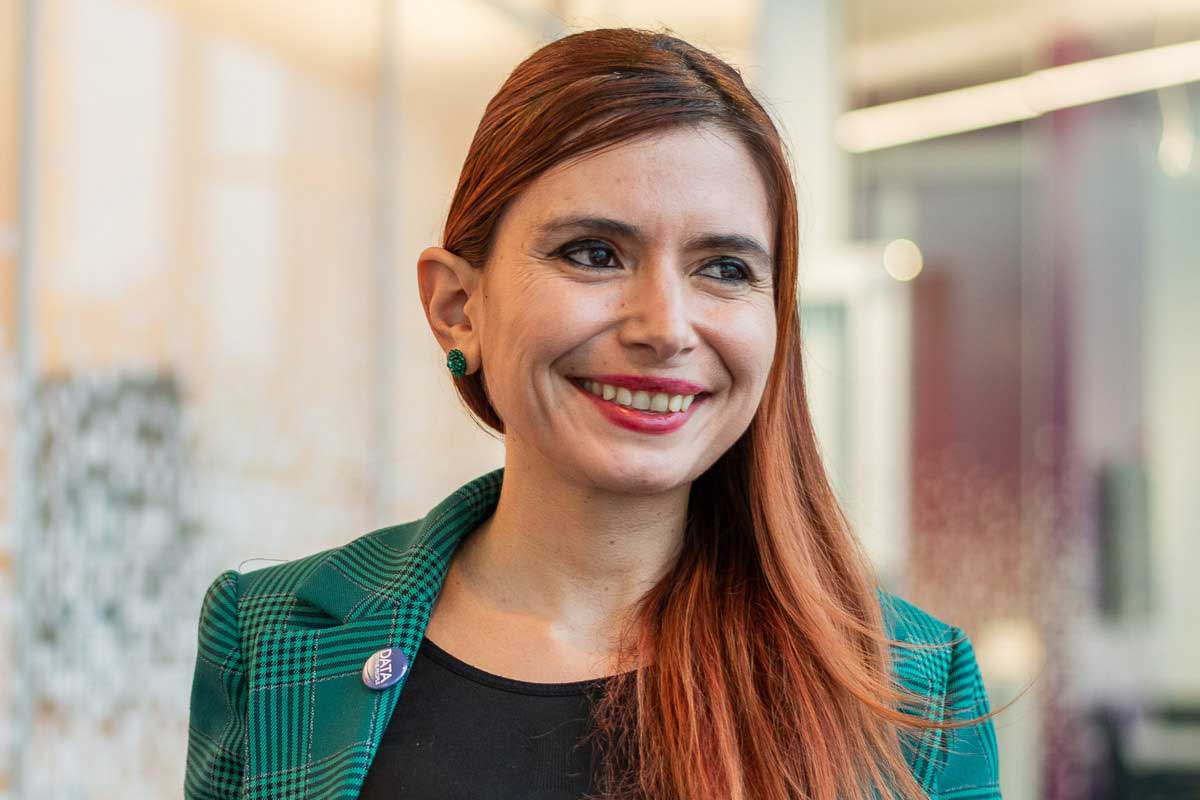Opportunities for AI in social good extend beyond health. Human-centered AI design utilizes deep learning to foster fair workplaces, enabling supervisors to address employee mistreatment while empowering workers to advocate for better wages and growth.
Get Instant Access to This Article
Subscribe to Worcester Business Journal and get immediate access to all of our subscriber-only content and much more.
- Critical Central Massachusetts business news updated daily.
- Immediate access to all subscriber-only content on our website.
- Bi-weekly print or digital editions of our award-winning publication.
- Special bonus issues like the WBJ Book of Lists.
- Exclusive ticket prize draws for our in-person events.
Click here to purchase a paywall bypass link for this article.
Even though artificial intelligence has garnered significant media attention in the last few years, it is not a new technology. Massachusetts has been a key player in AI innovation and growth.

Gov. Maura Healey has embraced this innovation, positioning the commonwealth to lead in AI development. Healey launched the Massachusetts AI Hub to foster collaboration among government, academia, and industry to advance AI technology and innovation.
Northeastern University’s Civic AI Lab hosted a panel with technology and healthcare experts to discuss AI's impact on health care, from cancer diagnostics to assistive devices for those with disabilities. The discussion highlighted AI is increasingly seen not just as a tool, but as a means to enhance the quality of life in historically underrepresented communities.
Early AI models aimed at supporting underrepresented communities, like individuals with disabilities, showcase future applications. For instance, over a decade ago, AI systems helped those with visual impairments navigate challenges and understand their surroundings. Today, generative AI can analyze photos and answer questions about them. While this seems novel now, it has long been utilized by visually impaired individuals.
Opportunities for AI in social good extend beyond health. Human-centered AI design utilizes deep learning to foster fair workplaces, enabling supervisors to address employee mistreatment while empowering workers to advocate for better wages and growth. Furthermore, technologists employ reinforcement learning to combat misinformation and rectify historical inequities.
To keep up with global competitors and emerging challenges, it's essential to pursue effective public policy at all government levels. We need to recognize how varying government regulations can stifle innovation. For instance, in our research on 3D-printed prosthetics, we discovered the U.S. faced significant regulatory hurdles, limiting domestic collaboration and company growth.
Human-centered AI is crucial for transforming healthcare by focusing on the needs of patients, providers, and underserved communities. AI tools can enhance diagnostics, personalize treatments, and improve outcomes. This approach ensures AI addresses health disparities and empowers healthcare workers. Ultimately, human-centered AI aligns technology with empathy and ethics, promoting innovations that are accessible and equitable.
We should all strive to grow this technology’s capacity for social good and avoid the pitfalls that hamper innovation and perpetuate systemic injustices. We can start by convening diverse stakeholders from government, academia, and industry to better understand the technology, how it is deployed, and opportunities for the future.
Saiph Savage is an assistant professor at Northeastern University in the Khoury College of Computer Sciences, where she directs the Northeastern Civic A.I. Lab.
